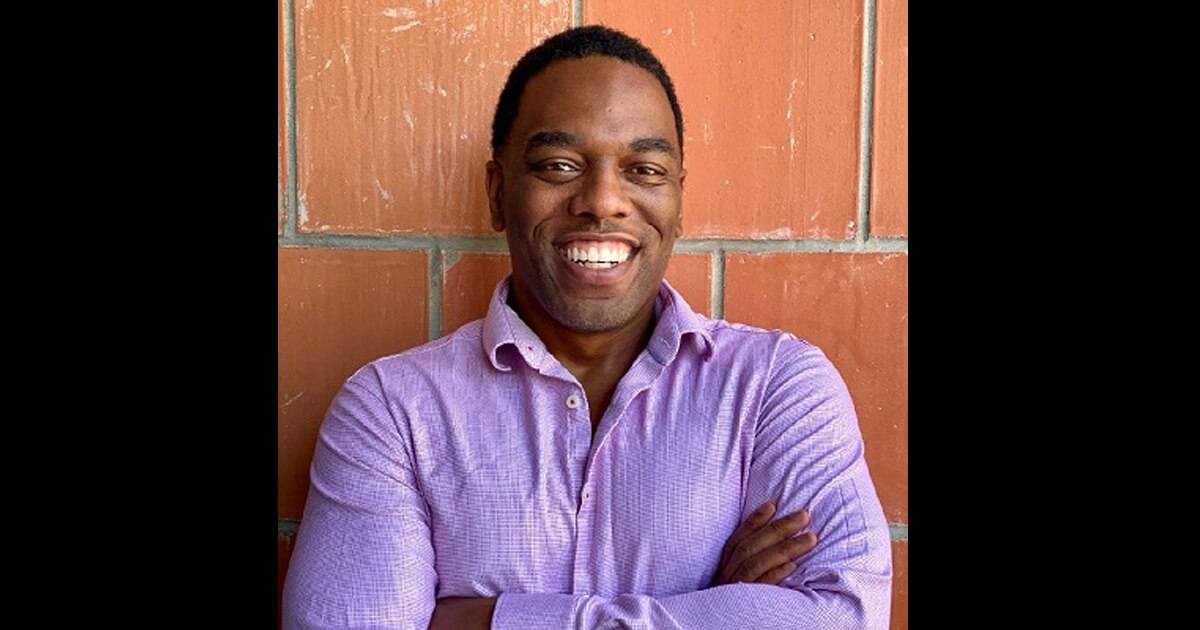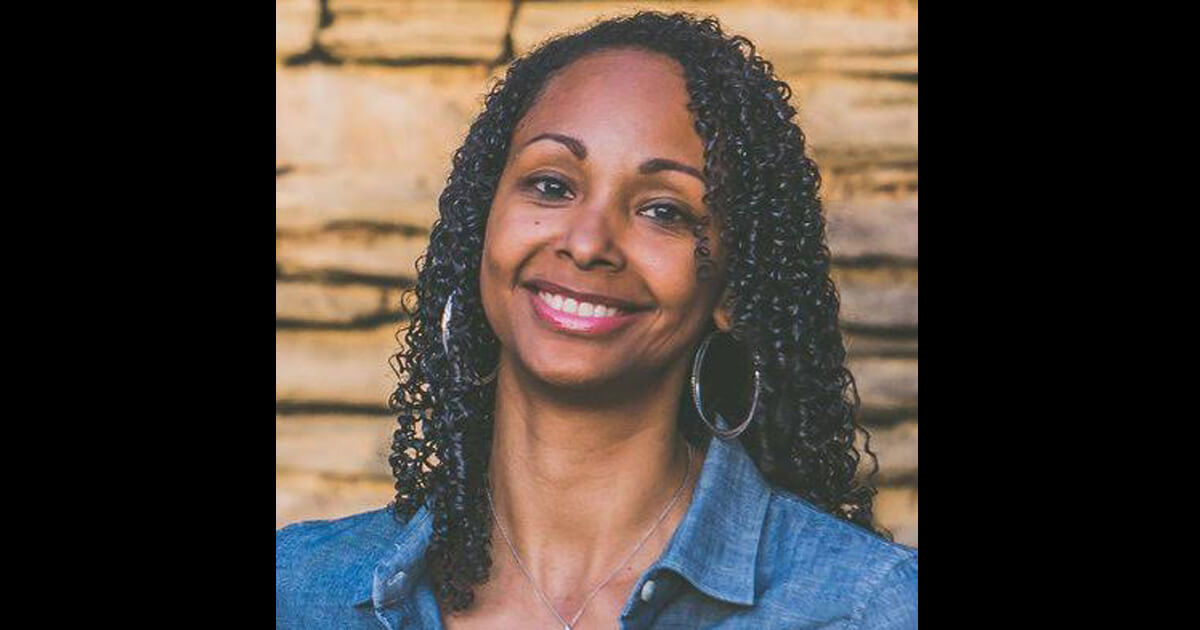Upswing, a digital resource for nontraditional and diverse students with tutoring and student services, has raised a $5 million Series A. The round, led by philanthropic investing firm Imaginable Futures, spun out of Omidyar Network, and JPMorgan Chase, brings the edtech company’s total funding to $11 million. The company has roots in Albany, Georgia, hometown of cofounder and CEO Melvin Hines, where few of his peers graduated high school, much less went to college, witnessing firsthand how a lack of resources can change student’s trajectories.
“We want to help the most forgotten students,” Hines told The Plug. “When I went to University of Georgia I saw a lot people were from really affluent backgrounds, many saw UGA as their fallback school, just to see that juxtaposition it made me wonder why your lot in life was so determined by where you were born and how I could level the playing field.”
Founded in Austin, Texas in 2013, Upswing has assisted 500,000 students at 70 universities. The platform started out with a 24/7 online network of coaches, which were friends of Hines. But soon campuses requested more capabilities for coaching students directly. Hines’ team added Zoom-like video features for asynchronous tutoring long before the pandemic. The advent of help through an app makes the tool accessible for students who aren’t on campus or don’t feel empowered to seek help in person. Hines said diverse students at predominantly white institutions may struggle to seek help.
“At UGA I was in a group that called itself the ‘1.9 percenters’ because only 1.9 percent of students were Black males, you were in a sea of affluent white people and if you didn’t come from that background you felt you stuck out,” he said. “There’s no way you could be caught dead walking into a tutoring center and seeing everyone stare at you and say ‘I knew he shouldn’t be here’.”
80 percent of students who sought help through Upswing continued to use the learning resources. The sticky user acquisition is a draw for universities, who save money when students graduate. Impact investors are also interested in backing tools that aid in helping students matriculate.
“One of our focuses at Imaginable Futures is on the one in five undergraduate students who are parents, there is a unique set of needs that parents have in pursuing their post-secondary careers, Vinice Davis, a venture partner at Imaginable Futures, told The Plug. Redesigning higher ed to think differently around what a learner looks like, it’s very similar to changing our perspective of what an entrepreneur looks like. As a Black woman VC I am really proud of this work.”
Upswing’s tools are free to students and on average cost universities $40,000 a year to use. When implemented across the entire campus, a typical school will save $7 million in tuition from students staying in school. The company works with 15 percent of HBCUs, three percent of Hispanic serving institutions (HSI) and a large network of community colleges. These connections are what in part attracted investment from JPMC’s Impact Finance firm.
“Community colleges as open-access institutions serve an incredibly important role, but we know they’re not all created equally,” Jennie Sparandara, head of programs for global philanthropy at JPMC told The Plug. “We have a strong portfolio around making sure these institutions are supporting student success by stoking the connections between their students and the workforce.”
Hines said demand for Upswing has increased by 300 percent since the pandemic began as campuses took to remote learning. The new funding will be used to build out new functions for the company’s AI-enabled virtual assistant Ana that assists with keeping students organized and offers mental health resources for students who are increasingly dealing with isolation brought on by the quarantine.
“Among our current partners, despite the fact that they were seeing decreases in their own budget because of students not returning for school, we had a 93 percent renewal rate and a 130 percent dollar retention rate,” Hines said. “Schools are definitely voting with their dollars to say ‘this is something that’s important to us continue to move forward’.”








